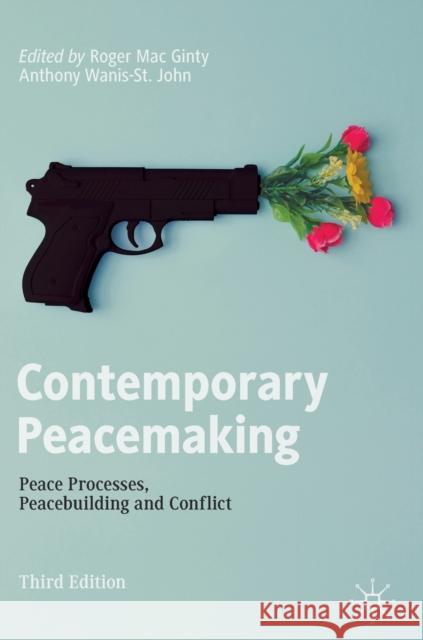Contemporary Peacemaking: Peace Processes, Peacebuilding and Conflict » książka
topmenu
Contemporary Peacemaking: Peace Processes, Peacebuilding and Conflict
ISBN-13: 9783030829612 / Angielski / Twarda / 2022 / 566 str.
Kategorie BISAC:
Wydawca:
Springer Nature Switzerland AG
Język:
Angielski
ISBN-13:
9783030829612
Rok wydania:
2022
Wydanie:
2022
Ilość stron:
566
Waga:
0.91 kg
Wymiary:
21.01 x 14.81 x 3.51
Oprawa:
Twarda
Wolumenów:
01
Dodatkowe informacje:
Wydanie ilustrowane











